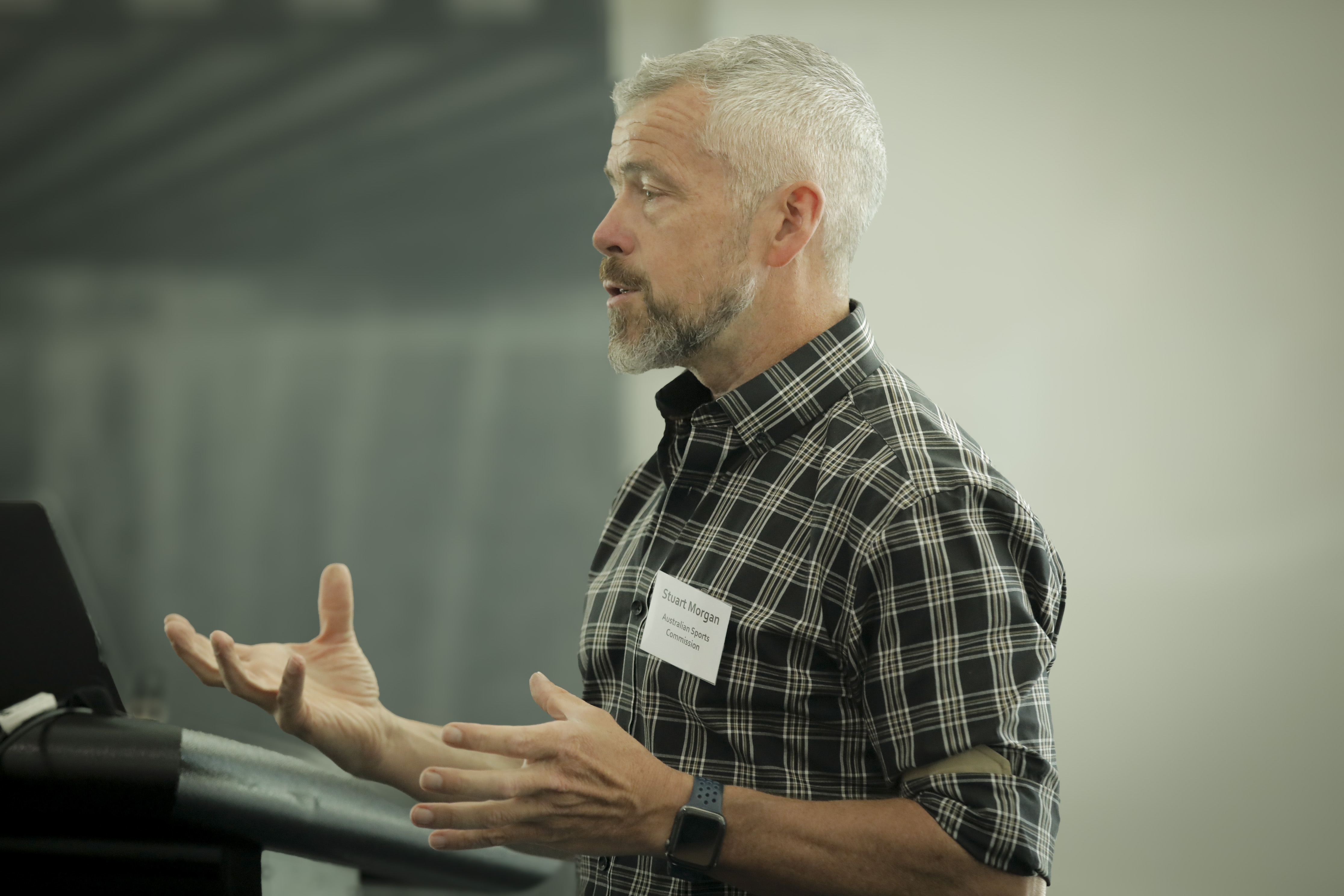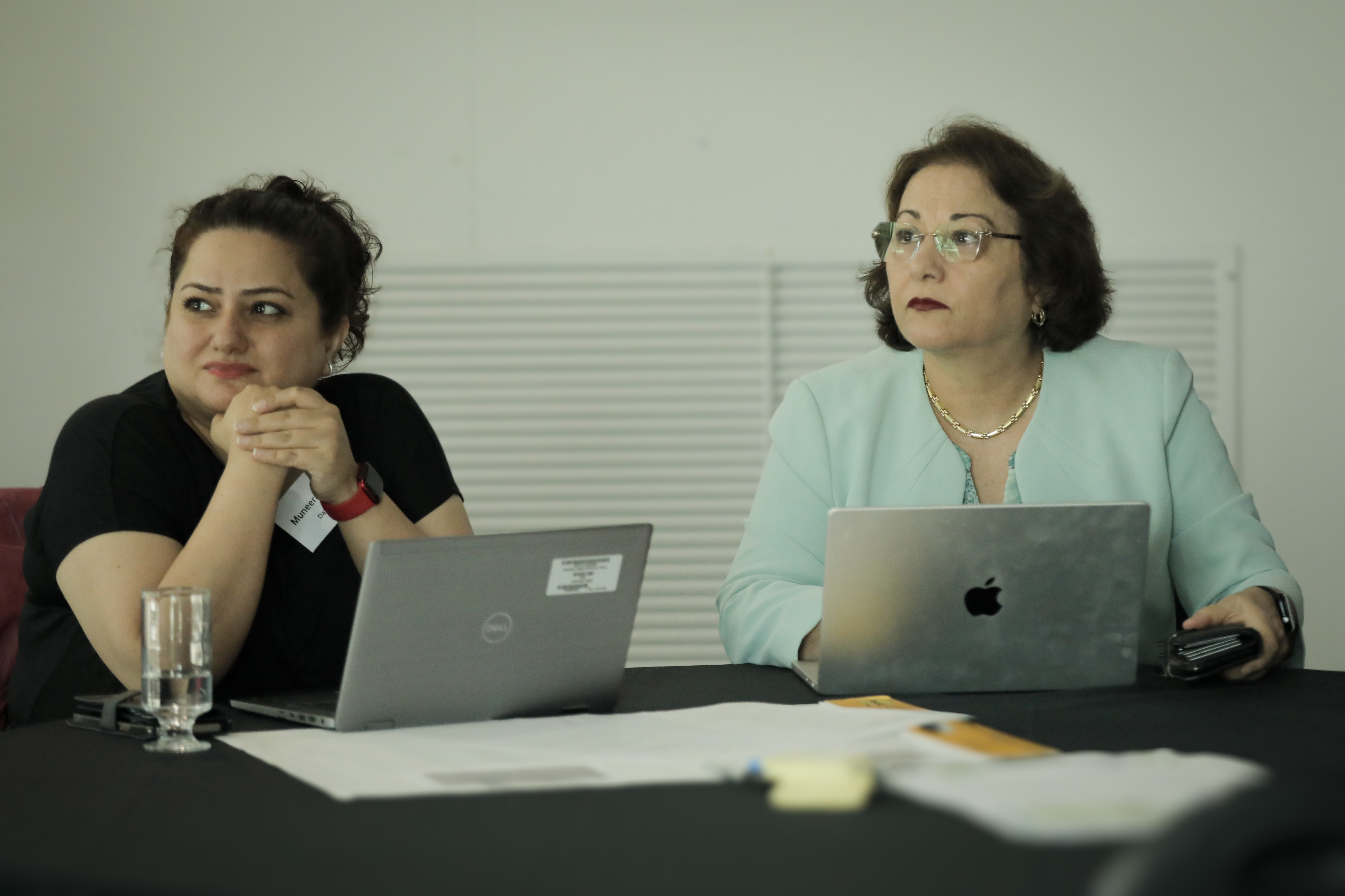04 March 2024
Artificial intelligence [AI] has the potential to transform sport, yet as technology continues to advance so too does the need for guidelines on how to implement it safely and responsibly.

Addressing these concerns was the focus of a recent workshop held at the Australian Institute of Sport (AIS) in Canberra.
Hosted alongside CSIRO’s Data61 specialists, the event brought together leading minds in research and innovation from the Australian Sports Commission (ASC), Sport Integrity Australia and the National Sports Tribunal, with the aim of developing a unified stance on the ethical and responsible use of AI in the sport sector.
ASC Executive General Manager of Strategy, Insights & Innovation Pat Howard says implementing AI can be a daunting prospect.
“AI is coming. We’ve got to embrace it, but we obviously need ethical boundaries. We want to be able to support those in sport, both in participation and high performance, to recognise where the boundaries are,” he said.
AI has already been making an impact across sport. Under the leadership of AIS Machine Learning Lead, Dr Stuart Morgan, the AIS has been developing AI capabilities for more than a decade.
One example is the SPARTA 2 swimming analysis system used at the Tokyo Olympics and Paralympics.
Built in partnership with Swimming Australia, the technology provides race data such as a swimmer’s stroke rate, stroke length and velocity to give Australian coaches a competitive advantage.
AI-enabled systems can also advance community sport with technology that can track player movements and produce relevant metrics for coaches, referees and spectators that were previously done manually.

To keep progressing with AI advancements, Dr Morgan says there needs to be measures in place to ensure the data is accurate, fair and inclusive without bias.
“It’s about capturing all these exciting new places we can go and the potential risks we should be mindful of across the entire sports landscape,” Morgan says.
Speaking on the Responsible AI in Sport workshop, he added, “it's a great example of government agencies working to each other's strengths and collaborating for a high-quality outcome”.
Insights from the workshop will inform a ‘Responsible AI in Sport Position Paper’ that will provide Australia’s sports sector with advice on the ethical and responsible use of AI.
